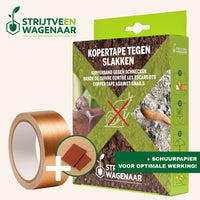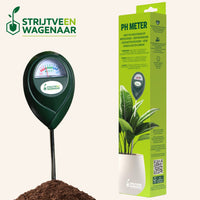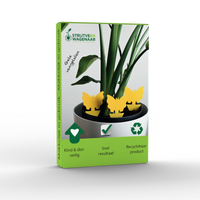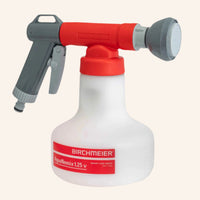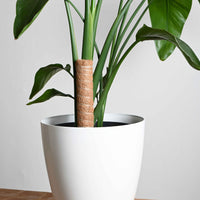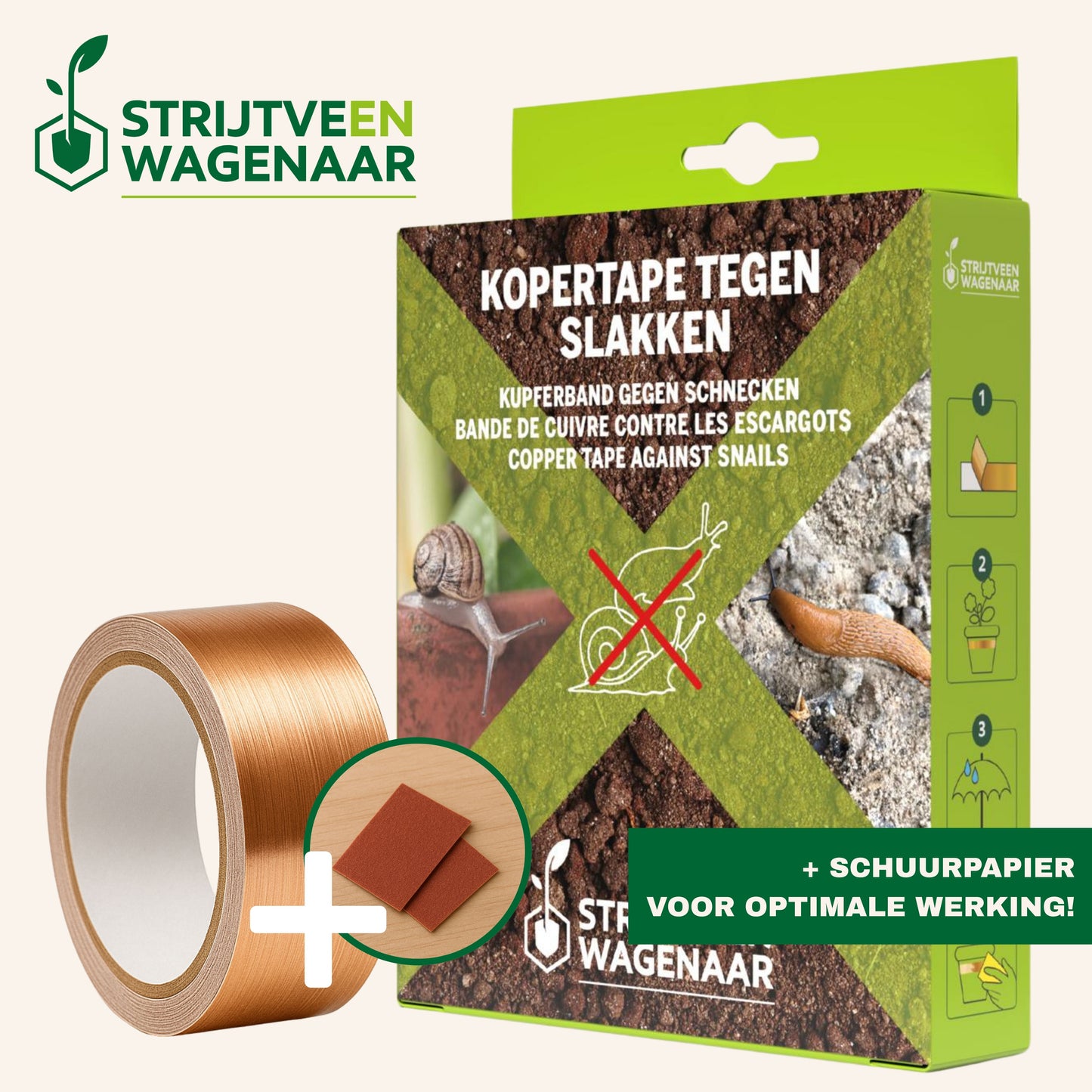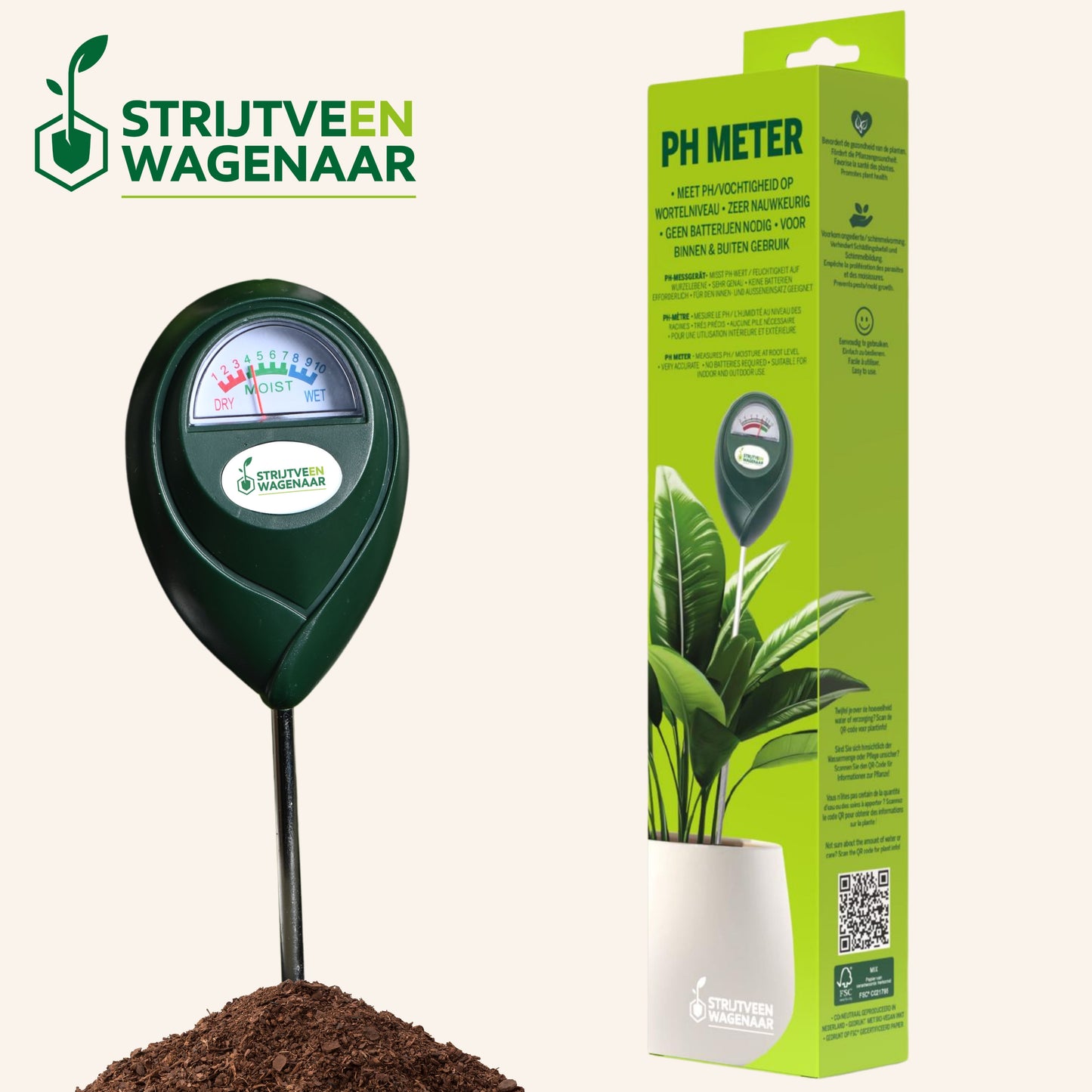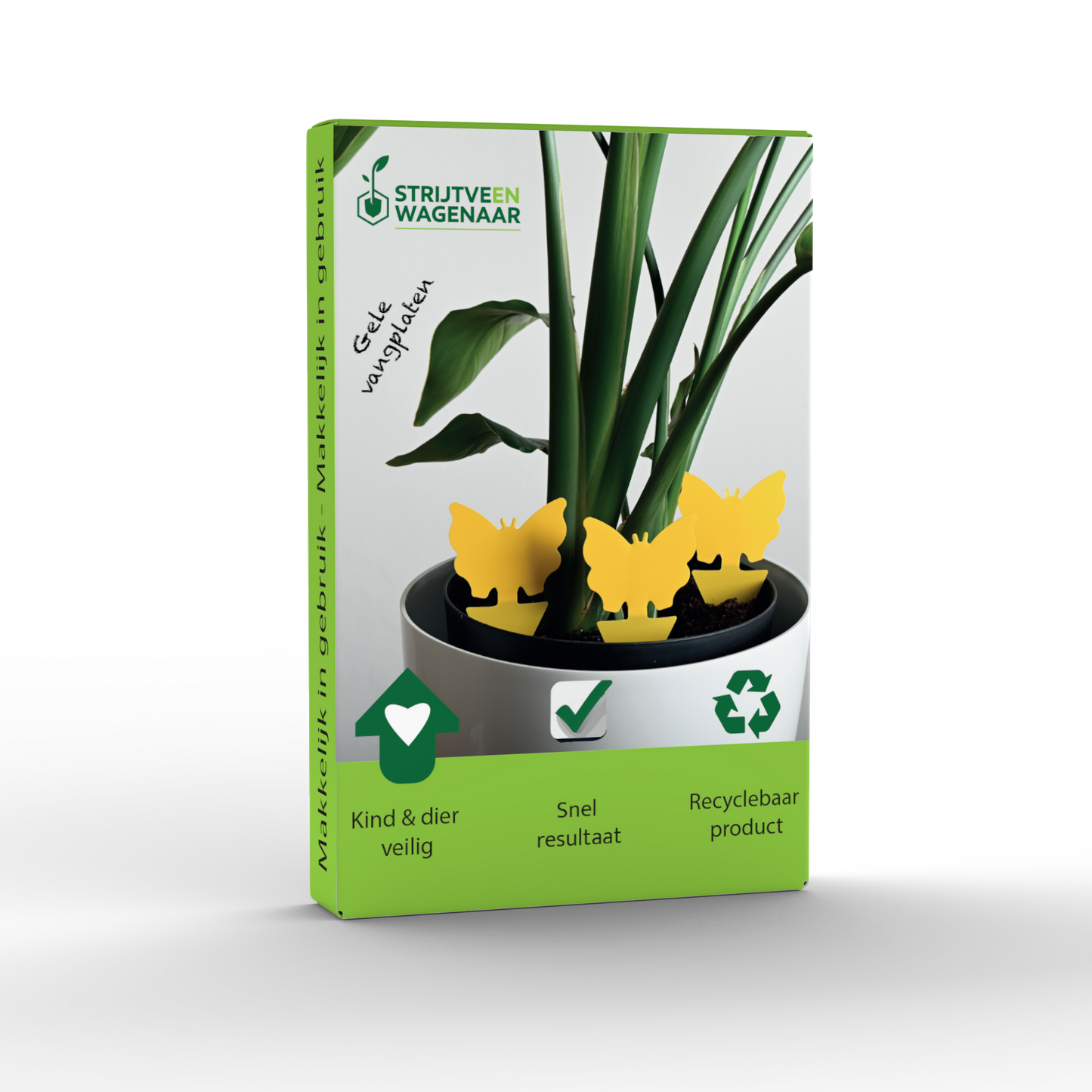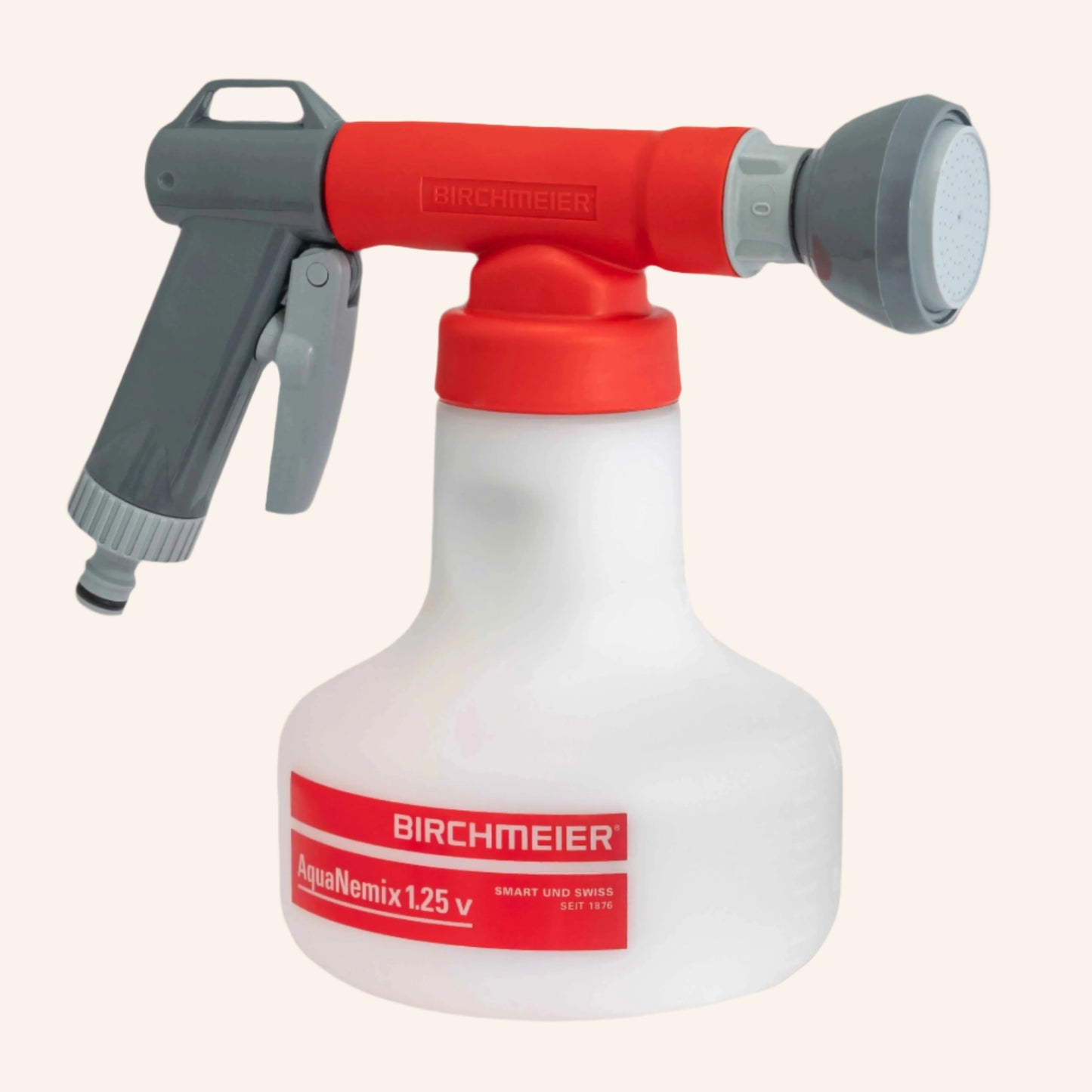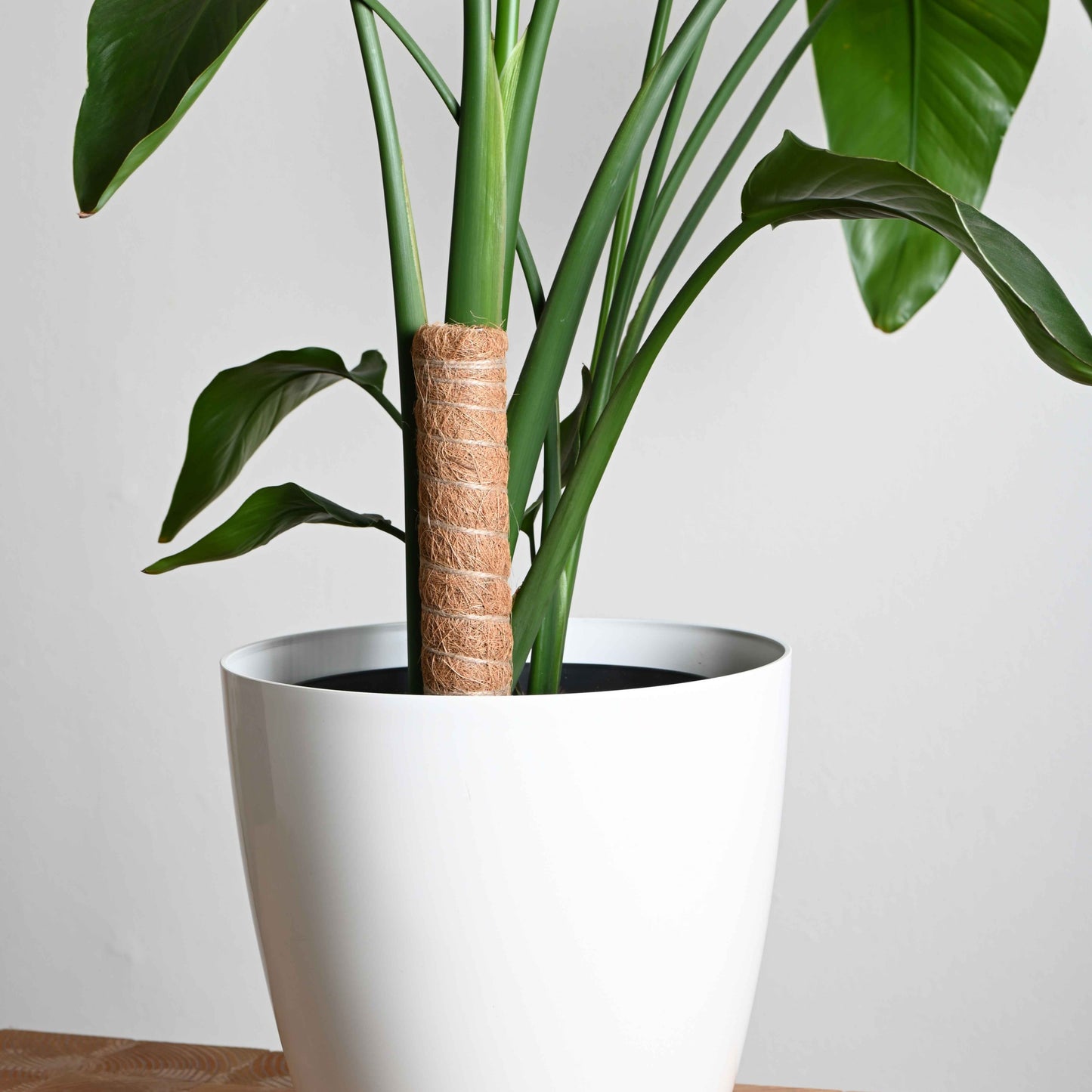
Troubled by snails, fungus gnats, or grubs? Chances are they're at home in your soil. Many pests don't just appear out of nowhere, but precisely when the soil is out of balance. By keeping your soil healthy and vibrant, you make it much harder for pests to establish themselves. And that saves a lot of hassle and damage to your plants.
In this blog post, you'll learn why healthy soil is so important, which pests it can help prevent, and how you can get your garden soil back on track in a few simple steps.
Why is healthy soil so important?
Soil is the foundation of everything that grows. Healthy soil is teeming with life: worms, fungi, and bacteria that work together with your plants. They provide air, water, nutrients, and protection.
If your soil is too wet, too compact, or too poor, those helpers disappear. And that's exactly when harmful larvae and fungi seize their opportunity. Think of:
• Fungus gnats , which love soggy potting soil
• Snails , which thrive in moist, nutrient-rich gardens without a natural balance
• Grubs and leatherjackets , which thrive in compact, poor grass soils
By actively working on your soil health, you give those pests less of a chance.
(h2) How to keep your soil healthy: 6 simple steps
Want to improve your garden soil without any complicated hassle? These six practical steps will get you a long way. And the best part is: you don't need a green thumb.
1. Avoid digging, dig as little as possible
Every time you turn the soil, you disturb the soil life. Leave worms, fungi, and bacteria alone and work primarily on the topsoil.
2. Add compost annually
Compost nourishes soil life and improves its structure. Spread a 2 to 3 cm layer on your borders and between your plants every spring.
3. Use ground covers or mulch
Cover the ground with plants, leaves, or wood chips. This will slow the soil's drying out and discourage weeds and pests.
4. Provide variety in your garden
Variety is good for nature. So don't plant the same plants everywhere, but alternate them. This helps keep diseases and pests under control and attracts more beneficial animals.
5. Water properly
Water less often but deeply to help plants develop deeper roots. Avoid prolonged wet spots, as these are where larvae thrive.
6. Leave the soil life alone
Don't use chemical fertilizers or pesticides . They kill not only pests but also beneficial organisms in your soil.
Soil improvers that make your garden stronger
Besides smart habits, you can also use certain plants to give your soil a helping hand. These natural soil improvers provide structure, nutrition, and biodiversity.
For example, put:
• Clover or lupine for nitrogen in the soil
• Native bee mixture to attract bees
• Sunflowers or comfrey to loosen the soil with their deep roots
Healthy soil, strong garden: how to prevent pests from within
Healthy soil is the smartest and most sustainable way to prevent pests. By caring for your soil well, you help restore soil life, retain water better, and give pests less of a foothold. Start small, use compost and mulch, and avoid chemicals. This way, you'll gradually build a natural garden that maintains its own balance.
Curious which natural products will make your garden even stronger? Then take a look at our range of solutions for a healthy, non-toxic garden.
